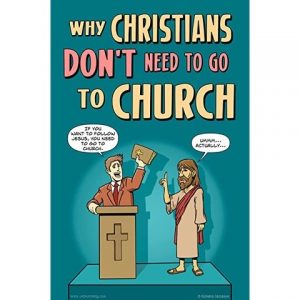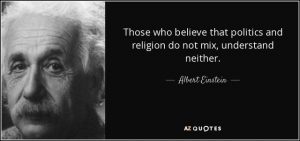Dear Explorers
This week we finished our study of John Smith’s book. It has certainly made us more aware of the need to address the many issues of social justice around us.
The future structure of inclusive faith communities
P 221 I am very enthusiastic about the joy of life and want to share my understanding of the presence of the divine with others. Not with the aim of convincing them, but to encourage them to express their own understanding.
P 222-224. John discusses the priestly, prophetic and wisdom traditions. He says ‘Wisdom religion is one that emphasises the seeking of the spirit of sacredness within and between us, and not some external sacred power that we need to invoke to intervene on our behalf.’ He favours the wisdom tradition but, while acknowledging we overemphasise the priestly tradition, we felt there was definitely a place for the prophetic tradition, following Jesus’ example.
P 225 We were amazed at John Wesley’s manifesto (modernised) from the 18th century, so much so that our next Gathering its entitled ‘John Wesley writes today’s headlines!’
1 Reduce the gap between rich people and poor people.
2 Help everyone to have a job.
3 Help the poorest, including introducing a living wage.
4 Offer the best possible education.
5 Help everyone to feel they can make a difference.
6 Promote tolerance.
7 Promote equal treatment of women.
8 Create a society based on values and not on profits and consumerism.
9 End all forms of slavery.
10 Avoid getting into wars.
11 Share the love of God with everyone.
12 Care for the environment.
P 227 The movement that Jesus initiated was never intended to be a formalised religion, but a way of life. Jesus’ legacy was a social and ethical example of how life should be lived.
P 229 John correctly say that progressive Christianity groups are ‘seeking a community that is hospitable and not only tolerant, but accepting of doubts and complex questions which many participants have been wrestling with for years’.
P 230 John says ‘. . . without the death of churchianity, it will be difficult if not impossible to regenerate and reclaim the message of Jesus.’

P 234 John says ‘The new faith communities could be small groups that gather together in homes, coffee shops and in nature. . . we need to build the movement from scratch . . .’ John Gunson in his book God, Ethics and the secular society makes the same point. However, we felt that the idea of home churching had been tried and found to be largely unsuccessful. We were therefore reluctant to abandon the existing church infrastructure.
Concluding comments
P 238. To be humane is to live the abundant life that Jesus envisaged and this requires us to live by the values Jesus espoused.
P 239-242 John Smith’s comments throughout his book are clearly political and we felt that, despite the dangers, the church does need to be involved in politics.

P 246 . . . the world of today is in desperate need of repair and transformation through acts of kindness (Tikkun Olam).

We round out our discussion of John’s book at our Gathering on 28 May. See you then.
oOo

Thanks, much food for thought.
And perhaps action.